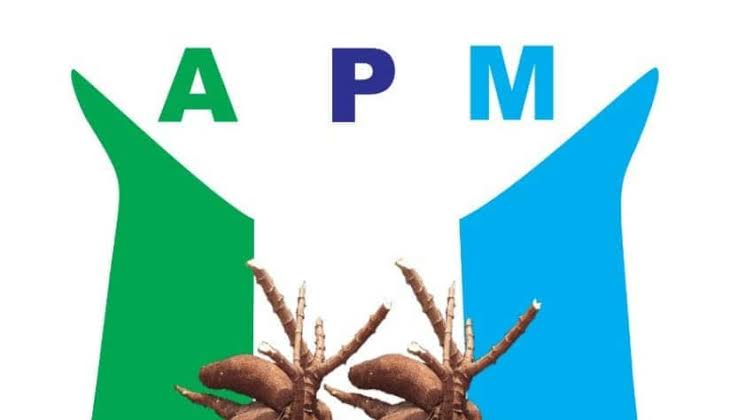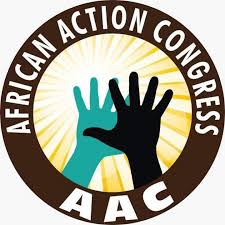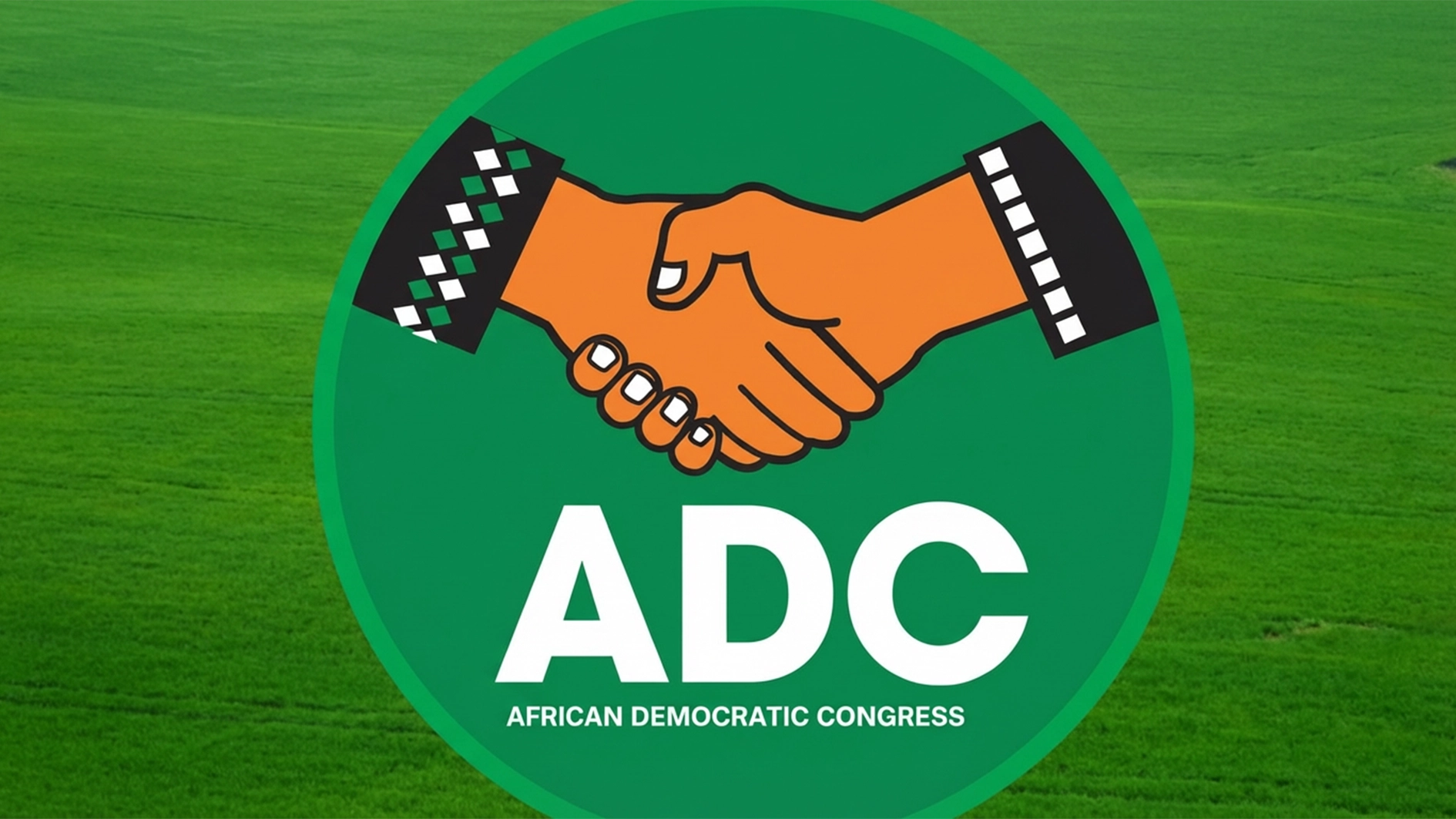Ahead of the 2027 election, the opposition African Democratic Congress (ADC) has assured its readiness to promote the inclusion and representation of women in the country’s governance.
ADC’s National Publicity Secretary, Malam Bolaji Abdullahi, shared the party’s position in a chat with The Guardian after participating in the summit themed “Attaining 35 per cent Affirmative Action Towards Strengthening Women’s Agency for political leadership,” organised by the Strengthening Her Aspiration for Political Engagement (SHAPE) project.
He remarked that the ADC has the pursuit of equal opportunities and inclusiveness of women as one of its cardinal goals.
“For ADC, it’s all about inclusion and not just in terms of including young people, but also in terms of including women and young people. As you can see, I remember when we were trying to set up our national working committee (NWC), some states brought in men, and they were sent back to find competent women to include.
“So, ADC is deliberate about including women, you know but I’m not going to be able to put a number for you and say, oh, this per cent will be included, but what I can assure you is that ADC is one party that is giving spaces, that is committed to giving spaces to women because we know that is one major way we can show that we are different from other political parties.”
The ADC spokesperson, who recalled his experience in the 2023 poll when he contested for the Kwara central senatorial seat on the platform of the Peoples Democratic Party (PDP), emphasised the importance of merit and competence as the key criteria for selecting those entrusted with the leadership of the country.
Stating that Nigerian women have the capability to occupy any elective seats in the polity, he acknowledged that the menace of money politics remains a key obstacle standing in their way to realise the ongoing quest by women to hold elective seats in the country.
He also questioned the idea that the patriarchal nature of Nigerian society is responsible for the poor level of women’s representation in the country’s governance.
Blaming what he termed the “structural” defects in the polity for the plight of women in the political arena, he referred to countries like Senegal, Namibia, Gambia, and Somalia which are as patriarchal as Nigeria but have a notable level of women’s representation and inclusion in their governance.






